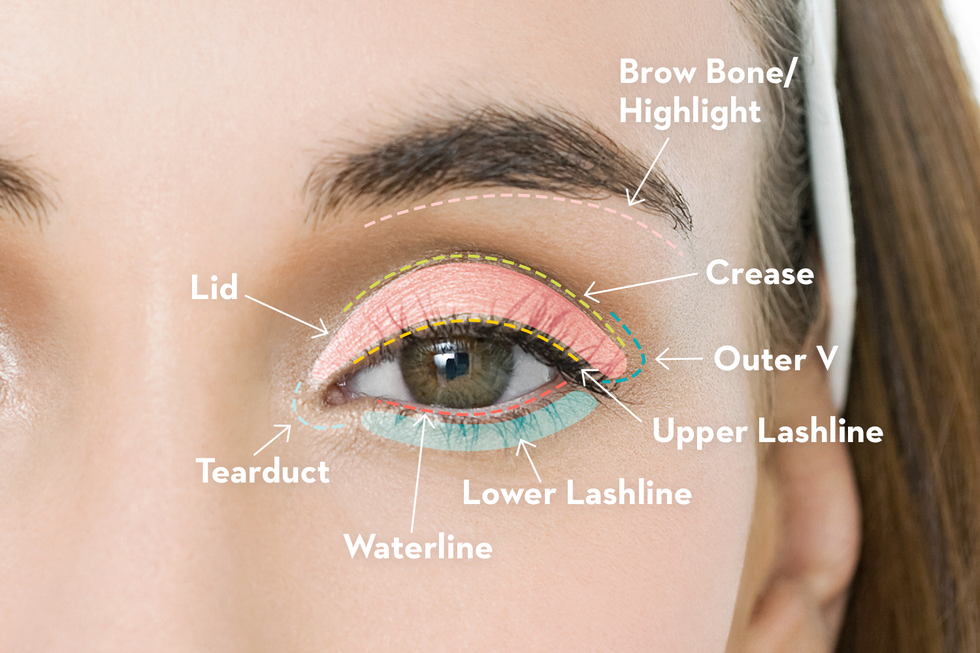How to Properly Make Rose Water: Essential Steps for Freshness in 2025
Rose water has long been celebrated for its beauty and culinary benefits, making it a staple in many households. Known for its soothing properties and delightful fragrance, homemade rose water is an ideal ingredient for skincare, haircare, and even culinary dishes. This article aims to guide you through the essential steps on how to make rose water effectively while ensuring freshness and quality in 2025. Whether you’re trying to create aromatic rose water for your beauty routine or using it to flavor your favorite dish, knowing how to make rose water properly is crucial.
In the sections ahead, we will explore the materials needed, the methods of preparation—including steam distillation and infusion techniques—and the various uses of rose water, from skincare to aromatherapy. Additionally, we will highlight essential tips for preserving your homemade rose water and discuss the numerous benefits it offers for skin and hair. Let’s delve into the world of rose water!

Essential Ingredients for Homemade Rose Water
Before getting started on your rose water recipe, it's important to gather the right ingredients to ensure the best quality. The key to making aromatic rose water lies in the freshness of the roses you choose. Look for organic and chemical-free fresh rose petals, preferably from fragrant varieties like Damask or Rosa centifolia.
Choosing Fresh Rose Petals
When selecting fresh rose petals, always opt for those that are free from pesticides and other chemicals. They should be vibrant, fragrant, and unblemished. This emphasis on quality is crucial for extracting the rose essence that will bless your homemade rose water with its distinctive aroma and benefits.
Water Quality Matters
Using distilled or purified water will enhance the purity of your rose water. Tap water may contain impurities that can affect the final quality of your product. For a truly organic experience, consider using spring water that will complement the fragrance of the roses.
Essential Tools for Preparation
To make rose water, you'll need a few key tools including a large pot, a steaming rack, a bowl that fits inside the pot, and a lid. These tools will facilitate the steam distillation process for optimal extraction of the rose essence. A glass jar for storage is also essential for maintaining the quality of your homemade rose water.
Gathering these high-quality ingredients and tools sets the stage for successful rose water preparation. With these essentials in hand, you can move on to the step-by-step process of making rose water.
Step-by-Step Guide to Making Rose Water
Now that you've assembled your ingredients and tools, it's time to start the process of making rose water. There are several methods available, but steam distillation is widely regarded as the best method for preserving the natural properties of the roses.
Steam Distillation Method
1. Begin by placing the steaming rack at the bottom of the pot and adding approximately an inch of distilled water on top. Ensure that the water does not touch the rack.
2. Spread the fresh rose petals over the steaming rack evenly. They should be fresh and undamaged to ensure maximum essence extraction.
3. Place a heat-resistant bowl on top of the rack to catch the condensed rose water. Securely place the lid upside down over the pot, allowing condensation to drip into the bowl.
4. Turn on the heat to medium-low. Let the mixture simmer gently to create steam, which will then carry the rose essence into the bowl.
Infusion Method
If you prefer a simpler method, the infusion technique is perfect for beginners. To do this:
1. Boil about two cups of distilled water.
2. Place a cup of fresh rose petals in a heatproof bowl and pour the boiling water over them.
3. Cover the bowl and let it steep for about 30 minutes. Strain the liquid to separate the petals, and your homemade rose water is ready!
Storing Your Rose Water
Once your rose water is prepared, it is important to store it properly to maintain its freshness and benefits. Pour the liquid into a clean glass jar and seal it tightly. You can keep it in the refrigerator for longer shelf life (up to 3-4 weeks) or at room temperature if using within a few days. Always keep an eye out for any changes in smell or appearance, which may indicate spoilage.
This easy step-by-step process will not only teach you how to make rose water but also ensure that you enjoy its refreshing benefits in various applications, from beauty routines to culinary delights.

Creative Uses of Rose Water
Now that you have your homemade rose water, it’s time to explore its vast array of uses. From skincare to culinary practices, rose water offers numerous benefits that enhance both beauty and flavor.
Rose Water in Skincare
Rose water serves as an excellent toner and hydrating facial mist. Its calming effects help to reduce redness and irritation, making it a go-to for oily and acne-prone skin. You can simply spritz it onto your face or mix it with glycerin for added moisture.
Rose Water in Hair Care
Not only is rose water beneficial for your skin, but it also works wonders for hair. It can act as a conditioner, providing hydration and shine. Use it in a hair rinse or mix it with your favorite shampoo or conditioner for improved results.
Culinary Uses
In the culinary world, rose water is often used in Middle Eastern cuisine to add flavor to desserts and beverages. You can also incorporate it into cooking recipes to enhance dishes, such as flavoring traditional cakes or making rose water-infused teas.
These creative applications highlight why rose water is indeed a versatile addition to your home-made beauty and culinary repertoire. Its multifaceted benefits extend far beyond mere fragrance, making it a valuable ingredient to have on hand.
Benefits of Using Rose Water
Exploring the benefits of rose water not only enriches your personal care routine but also enhances your wellbeing. Its therapeutic properties make it a popular choice for many seeking natural beauty solutions.
Healing Properties for Skin
Rose water is imbued with soothing and anti-inflammatory properties, making it ideal for reducing redness and irritation. It is often recommended for individuals with sensitive skin or conditions such as rosacea and acne.
Aromatherapy Benefits
The aromatic qualities of rose water contribute positively to emotional health. It is frequently used in aromatherapy practices to relieve stress and anxiety, creating a calming atmosphere. Incorporate rose water in your bath or use it in a diffuser to enjoy its scent therapeutically.
Hydration and Balancing pH
Using rose water can aid in maintaining your skin's natural pH balance. Not only does it provide immediate hydration, but it also seals moisture in the skin, resulting in a rejuvenated appearance.
These benefits further reinforce the essential nature of rose water in both beauty and health practices. It stands as a natural powerhouse that can transform your skincare and lifestyle approach.
Preservation and Shelf Life of Rose Water
Understanding how to store your rose water is key to prolonging its shelf life. Here are best practices for preserving the freshness of your homemade rose water.
Storage Conditions
Always store rose water in a cool, dark place to limit exposure to light and heat, which can degrade its quality. Refrigeration is highly recommended for optimum freshness.
Recognizing Spoilage Signs
Watch for changes in color, smell, or texture, which may indicate spoilage. If you notice an off smell or any separation, it's best to discard the rose water to avoid using a compromised product.
Freezing Rose Water
For longer preservation, consider freezing rose water in ice cube trays for easy portions. These cubes can be added to drinks or used in beauty practices as needed.
By employing these techniques for preservation, you can ensure that your rose water maintains its aromatic and therapeutic qualities for as long as possible.
FAQs About Homemade Rose Water
1. How long does homemade rose water last?
Homemade rose water generally lasts about 3-4 weeks when refrigerated. Without refrigeration, it should be used within a few days.
2. Can I use dried rose petals to make rose water?
Yes, you can use dried rose petals; however, fresh petals will yield a more fragrant and potent rose water.
3. Are there any benefits of using rose water for hair?
Rose water helps hydrate and condition hair, reduce frizz, and enhance shine. It can also soothe the scalp and alleviate dryness.
By following these steps and guidelines, you can confidently create homemade rose water that elevates your self-care routines and culinary experiences. Embrace the beauty of this aromatic water and its extensive benefits for both your skin and spirit!
